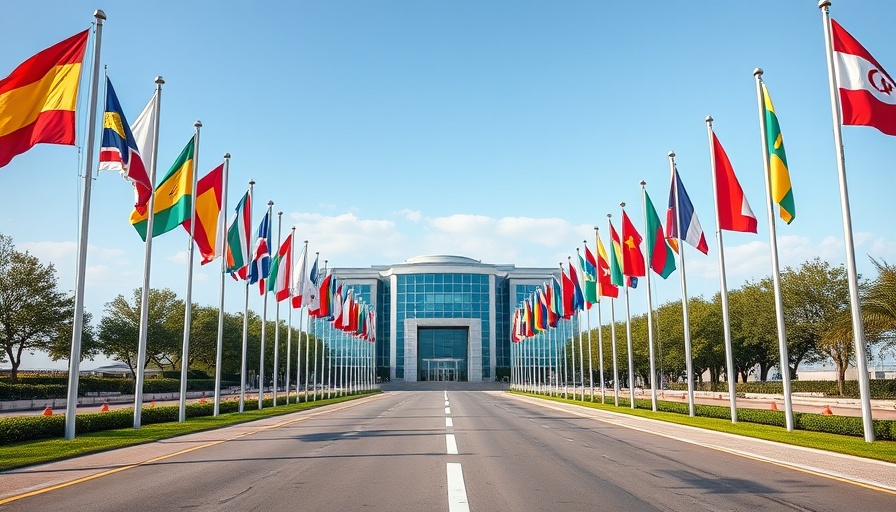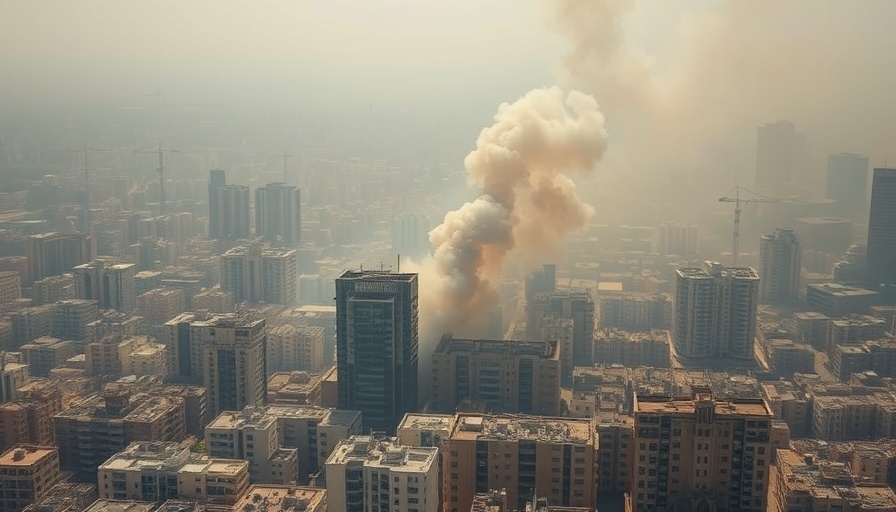
The Tragedy of Faith: Christians Targeted in DRC
In a heartbreaking incident this past weekend, at least 21 Christians lost their lives while gathered for a prayer vigil in Komanda, a town in eastern Democratic Republic of Congo (DRC). This tragic attack, believed to be carried out by the notorious Allied Democratic Forces (ADF), underscores the perilous situation for Christians in the region.
The Context of Violence
For many, these tragic losses are just a continuation of the violence faced by Christian communities in eastern DRC. The ADF, notorious for their Islamist agenda, has a history of targeting Christian congregations. In this incident, the attackers targeted a Catholic church, killing worshippers both inside and outside. Reports indicate that the death toll may rise as the situation unfolds; however, it is already notable that many among the victims were innocent children.
The Human Cost: Community Impact
“People have been displaced – not once, not twice. They are in constant displacement,” remarks Illia Djadi, a Senior Analyst for Freedom of Religion or Belief in sub-Saharan Africa for Open Doors. The ongoing violence not only results in tragic deaths but massively impacts the communities, rendering individuals and families without homes or security. Many who are displaced express a longing for peace and a safe place to call home.
Understanding the Attackers
The ADF has gained notoriety for its brutal tactics, including targeting vulnerable farming communities. This strategic choice is alarming, revealing their intention to instill fear and assert dominance over regions lacking military presence. The group, reportedly having ties to Islamic State, reinforces its goals through a calculated and ideological framework that tragically resonates with the broader conflicts in the region.
Calls for Action: A Glimpse of Hope
Local partners like Open Doors are stepping in to provide immediate assistance to the affected communities. Djadi affirms that they are delivering essential relief materials to families in desperate need of food and trauma support. Despite the overwhelming devastation, reports of support and solidarity from various organizations offer a glimmer of hope amid the darkness. The grieving communities receive not only material help but also trauma therapy and counseling, essential for healing.
A Global Issue: The Call for International Attention
The ongoing violence against Christians in DRC demands action from the government and the international community. Such atrocities should not go unnoticed. There is a pressing need for a coordinated response to ensure the safety and rights of worshippers worldwide. Voices from various international human rights organizations have called for greater awareness and intervention, with the hope that concerted efforts can bring lasting peace to affected regions.
Moving Forward: How Can We Help?
The suffering faced by Christians in DRC is steep, but those of us committed to social justice and humanitarian efforts can play a role in changing this narrative. Supporting organizations that provide relief to victims of persecution and advocating for policies that protect religious freedom are actions rooted in compassion and solidarity.
If you feel moved to respond, consider donating to organizations providing direct support in DRC or raising awareness in your community through advocacy initiatives. Every action contributes to fostering peace and hoping for a better future for communities in distress.
 Add Row
Add Row  Add
Add 








Write A Comment